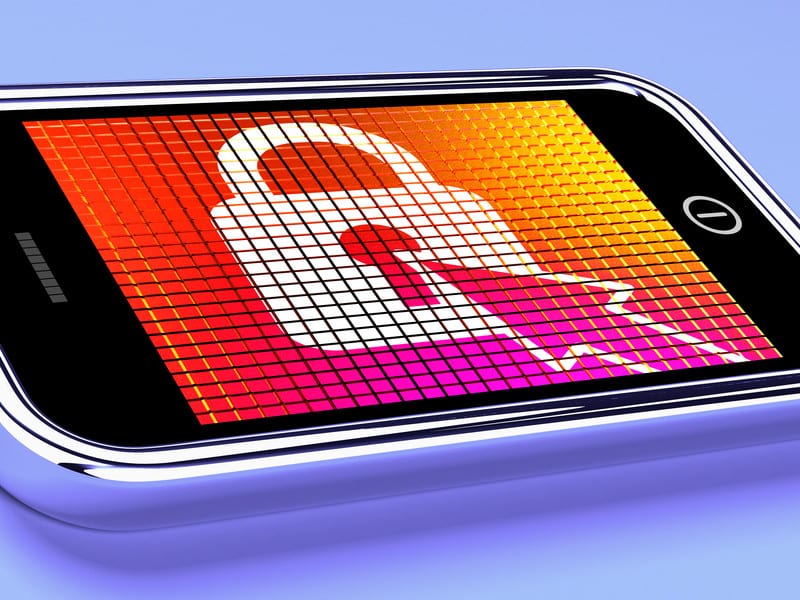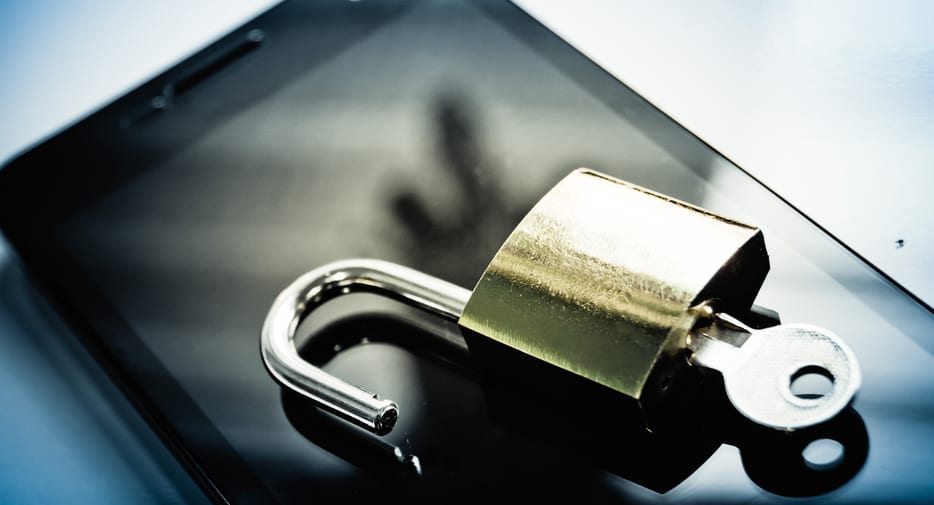One of the biggest trends over the last several years has been the adoption of smartphones and tablet devices by technology firms, providing their field service employees with mobile devices and applications. Armed with these tools, field techs have real-time access to corporate info, entitlement data, trouble shooting videos, knowledge bases, and collaboration tools so employees can easily interact with team members when stuck on a problem.
I’ve had conversations with dozens of companies wondering if they should “lock” the devices to limit personal use of the web, email, social channels, etc. I think this is a terrible idea, and let me tell you why.
Instill a Sense of Ownership
One of the greatest examples I’ve seen about this came from ServiceMax, a cloud based field service automation provider, who I’ve frequently written about because they have the sexiest iPad application for service I’ve seen to date. Making a decision to roll out iPads to your field techs is not that different from making a decision to roll them out to high schoolers: the devices are very expensive, and these users are hard on devices. A major hurdle companies must overcome is how do we get the users to treat the devices with care, using them as needed for work while making sure they aren’t cracking screens and demanding replacements every week?
For one ServiceMax customer, this was an easy problem to solve, and the model they used is one I recommend frequently to companies starting this journey. In the initial rollout, this tech firm bought 500 iPads for its field team. With the cheapest iPad with Wi-Fi and cellular connection costing $629, this was a $30,000 expense even before you add on extended warranties and sales tax. How did they make sure the employees would take care of the devices so they would last in the rough-and-tumble world of field workers?
Instead of trying to block access to capabilities of the iPad not required for their job, they got all the field techs together, gave them all a brand new iPad, and said, “These are your babies. If you want to check your personal email or browse a website, knock yourself out. If you want to use the device at home for games or social media, knock yourself out. But you are responsible for these devices. Take care of them as you would a personal device. As long as you use the tool to do your job, we’ll let you use it for your personal use as well.”
As a result, the workers felt like they were getting a bonus. Not only were they quick to adopt and use the ServiceMax iPad application for receiving their appointments and logging work performed, they bent over backwards to take care of the devices and protect them from damage.
Enable Them — or Else
If you think blocking iPad capabilities is keeping employees (or students) focused on work, don’t be ridiculous. They have their personal smartphones they can use to access the web or social media any time they want. What you are actually doing is giving them a $629 device which they will resent, and not treat well. As a result, you will see lower adoption of the device and applications, you will have a much higher rate of lost and damaged devices, and a much more expensive and less effective mobile program in the long term. In other words, get ready to hear, “My dog ate my iPad.”
Adapted with permission from John Ragsdale’s Eye on Service blog.


Share this: